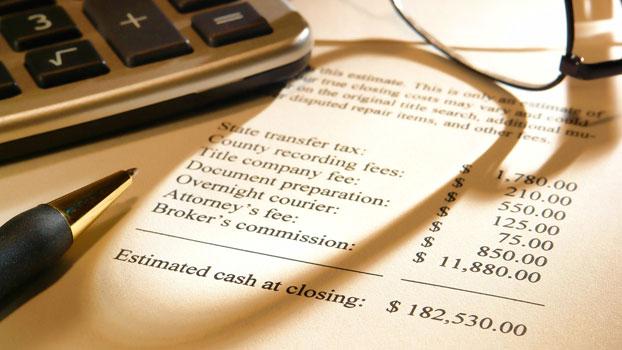Once you’ve determined whether it’s the right time for you to sell based on your financial situation, it’s time to refine the home value information you’ve already collected and sprinkle in your realistic goals to determine the asking price that you will advertise in your listing.

Pricing is the linchpin to a successful home sale. Even if you’re in a hurry to sell and price isn’t your main concern, you still need a baseline to start marketing your home. One thing’s for sure: Pricing is one of the biggest decisions in the selling process.
Set too high a price and you run the risk of turning off potential buyers. Many won’t even consider seeing a house in a desired location if it’s out of their price range. An over-inflated price also means your house will not compare favorably with other similarly priced homes. Even worse, buyers may not even see your listing when they search online since they will be using lower price points.
Chances are anyone who looks at your house — with or without an agent — has spent time both online and offline scoping out properties and most likely it will be obvious to them that the property is overpriced. The typical buyer spends on average 12 weeks searching for a home and views 10 homes. Setting a compelling price ups the chance that your home will be one of the 10.
On the other hand, if you price your house too low it might move quickly but your finances will be negatively impacted.
If you’ve already started the process with our Pricing Scout tool, you are ready to move forward in setting your asking price. If you haven’t taken this step, use Pricing Scout to quickly get an estimate of your home’s value.
1. Estimate your home’s value. If you haven’t done so already, give serious consideration to hiring a local appraiser to give you a professional estimate of your home’s value. In the big picture, spending $300 or so to getting a really solid gauge of what your house is worth will be money well spent.
2. Your next step is gaining an understanding of your local market, specifically figuring out how your home fits in with other homes in your market that are currently listed or recently sold. Find local houses that are currently listed on the Multiple Listing Service, in your local newspaper (online and paper versions), on ForSaleByOwner.com and on buyer sites such as Rocket Homes. Compile a database of up to 10 or even 15 homes in your area that you would consider comparable to yours. Analyzing those comparables will give you a solid idea of how your house fits with other homes that are currently listed.
3. Next, scour local records for comparable homes that have been sold recently. Local county records are a great source of that information and in many counties now can be researched online. Many local papers also print lists of recently sold properties on a weekly or monthly basis. Add homes that make sense to your database and you will be able to further zone in on your asking price.
4. As an additional step, the Federal Housing Finance Agency has a useful tool that draws from home sale data pulled from federally insured loan programs. With the FHFA’s House Price Calculator, you can plug in the price you paid when you purchased your home and it will come up with the likely market value of that house today.
If you’re not confident in your research, requesting a Comparative Market Analysis (CMA) from one or more local agents is an option. Historically, real estate agents offer CMAs as marketing tools and you will be under no obligation to use that agent if you simply request a CMA. The worst thing that can happen is the agent might say no. They might even have the perfect buyer for your house.
After your database is complete and you have analyzed the results, you are ready to set the asking price for your home. When you have a specific price in mind, run it by a few trusted friends, neighbors or coworkers to gauge whether you’re in the right ballpark.
Once you’re confident your price is right, you have the most important piece of information you need to write your listing ad.